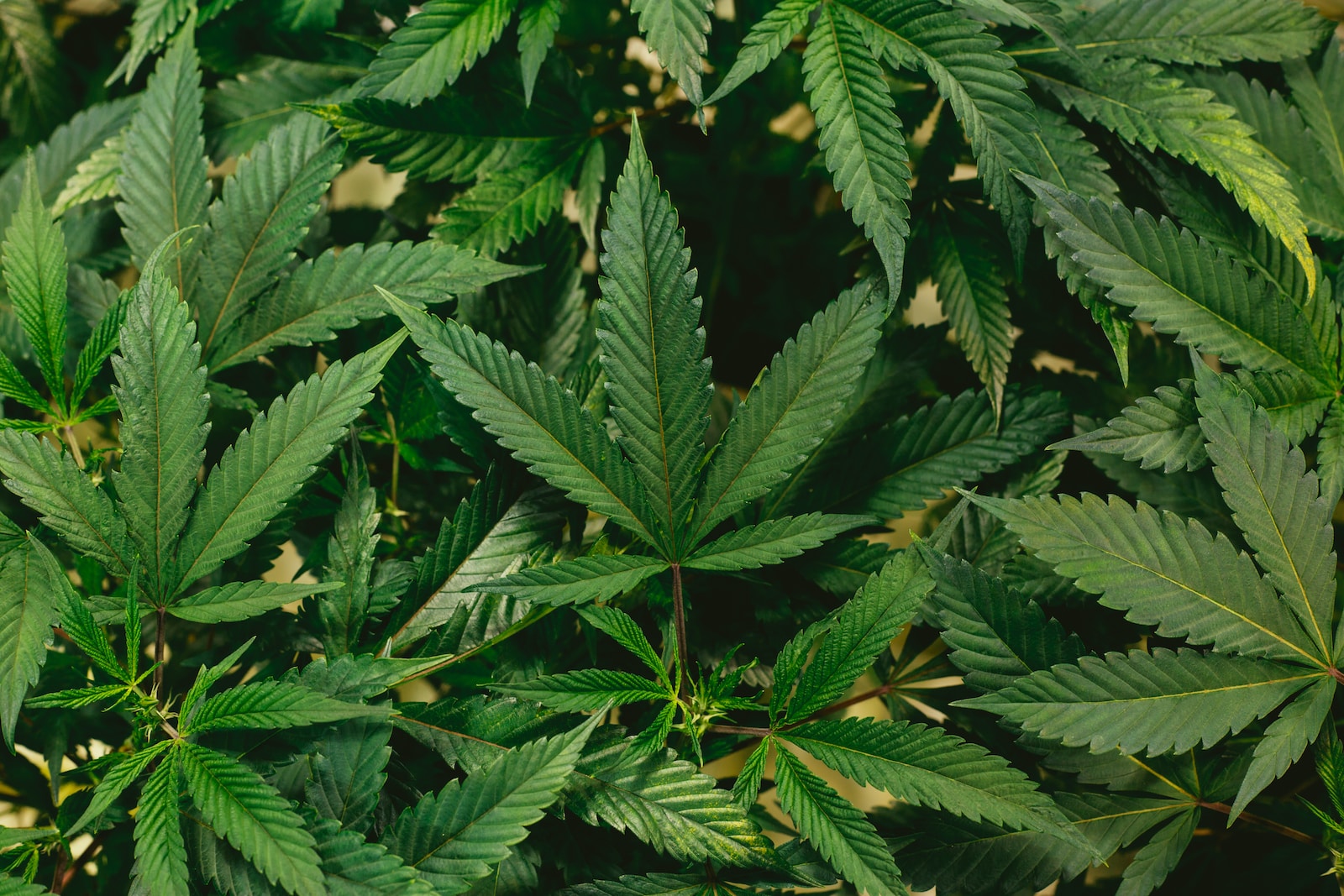Cannabis cultivation can be a labor of love, but it comes with its share of challenges. One of the most pressing concerns for growers is wildlife interference, particularly deer. These graceful creatures may seem harmless, but when they set their sights on your cannabis plants, they can wreak havoc. In this comprehensive guide, we’ll explore the burning question: Will deer eat cannabis plants? We’ll provide you with valuable insights, tips, and strategies to safeguard your green investments and maintain a thriving garden.
Will Deer Eat Cannabis Plants?
Deer are known to have diverse dietary preferences, primarily feeding on vegetation. However, whether they will munch on your cannabis plants depends on various factors.

Factors Influencing Deer’s Appetite for Cannabis
- Seasonal Variations
- Spring Feasting: In spring, deer are likely to target tender, new growth, making your cannabis plants vulnerable.
- Winter Survival: During harsh winters, when food is scarce, deer may resort to consuming unusual plants, including cannabis.
- Deer Population Density
- Higher Population: In areas with a dense deer population, the likelihood of them nibbling on your cannabis increases.
- Lower Population: Conversely, in regions with fewer deer, your plants might remain untouched.
- Plant Availability
- Abundant Food: If there are plenty of alternative food sources nearby, deer may be less inclined to sample your cannabis.
- Limited Food: When other food options are scarce, your plants become more appealing.
- Deer Species
- Whitetail vs. Mule Deer: Different deer species have varying tastes. Whitetail deer are often more adventurous in their diet compared to mule deer.
- Plant Stage
- Vegetative vs. Flowering: Deer are more likely to snack on cannabis during the vegetative stage when the plants are lush and full.
- Deterrent Measures
- Human Activity: Frequent human presence or strong odors can deter deer.
- Physical Barriers: Installing fences or deterrent plants can keep deer at bay.
- Geographic Location
- Regional Differences: The propensity of deer to eat cannabis can vary by region, so it’s essential to know your local wildlife habits.
Protecting Your Cannabis Plants
Now that we’ve explored the factors influencing deer’s appetite for cannabis, let’s delve into practical strategies to safeguard your plants.
1. Fencing
Erecting a sturdy fence is one of the most effective ways to keep deer away from your cannabis. Opt for a fence at least eight feet tall to deter even the most determined deer.
2. Deterrent Plants
Planting deer-resistant species, such as lavender, marigolds, or yarrow, around your cannabis can create a protective barrier.
3. Scare Tactics
Utilize motion-activated lights, sprinklers, or noise-making devices to startle deer away from your garden.
4. Human Presence
Regularly visiting your garden and disturbing the surroundings can make deer uneasy and discourage them from returning.
5. Repellents
Applying deer repellents or homemade solutions with strong scents can make your cannabis less appealing.
6. Harvest Early
If you live in an area with a high deer population, consider harvesting your cannabis earlier to avoid potential damage during the flowering stage.
FAQs About Deer and Cannabis
Can deer eat cannabis and get high?
Deer can eat cannabis, but they won’t experience the psychoactive effects that humans do. Their digestive system processes cannabinoids differently.
Will deer destroy my entire cannabis crop?
Not necessarily. Deer typically nibble on cannabis rather than decimating entire crops. Effective deterrents can minimize damage.
Are deer a year-round threat to cannabis plants?
Deer pose a more significant threat during certain seasons, like spring and winter when food is scarce. However, they may visit gardens throughout the year.
Can I use dogs to deter deer?
Yes, dogs can be effective at deterring deer. Their presence and barking can scare away unwanted visitors.
Should I consider relocating my garden if deer are a persistent problem?
Relocating your garden to an area with fewer deer or implementing strong deterrents can be more effective than moving it entirely.

What’s the best time to inspect my garden for deer damage?
Check your garden regularly, especially during dawn and dusk, when deer are most active.
Conclusion
Cultivating cannabis can be a rewarding endeavor, but it comes with its unique challenges. Understanding the dynamics between deer and your cannabis plants is crucial for a successful harvest. While deer may nibble on your cannabis, implementing protective measures can help you minimize damage and maintain a thriving garden. Remember, with the right strategies in place, you can enjoy the fruits of your labor without worrying about these graceful garden visitors.
